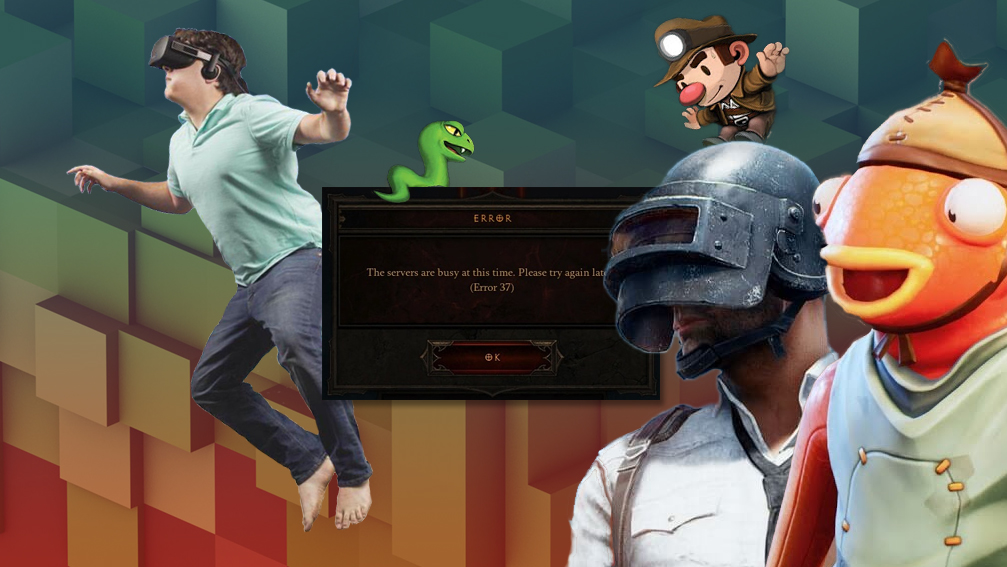
In 2010, about 320 games released on Steam, already the PC's biggest gaming platform. In 2019, we were closing in on 8,000—too many games to possibly keep track of. In 2010, there was no Twitch.tv. Today more people are watching streamers play games than the audiences of some cable TV channels. In 2010, The Witcher was a janky RPG from a studio just figuring out how to make videogames. By 2019, we'd memed so hard Henry Cavill had to take a bath.
It's hard to remember everything that's happened in the last year of PC gaming, let alone the last decade. But we've done our best to peer back through the 2010s and remember the moments that mattered. Here are 69 that stood out to us: the bugs that gave us nightmares, the hardware that reshaped our PCs, and the games that defined our hobby this decade.
Team Fortress 2 gets hats (2010)

January 27, 2010. It's a date that changed gaming forever. It's the date The Towering Pillar of Hats was added to Team Fortress 2. Alongside The Modest Pile of Hat (which was a single hat) and A Noble Amassment of Hats (two hats stacked on each other), The Towering Pillar of Hats (three hats—a bowler, a boater, and a top hat sandwiched between them, all worn on the same head) signaled to the world that hats were officially here, and they were stupid, and they were wonderful, and we would stop at nothing until we had them all. Yes, hats had begun to arrive in TF2 prior to The Towering Pillar of Hats, but now they had truly arrived. Look at all the cosmetics available to collect or buy in any game made today, and you can trace it back to TF2's The Towering Pile of Hats. Damn you, hats. — Chris Livingston
The indie boom migrates from XBLA to Steam (2010)
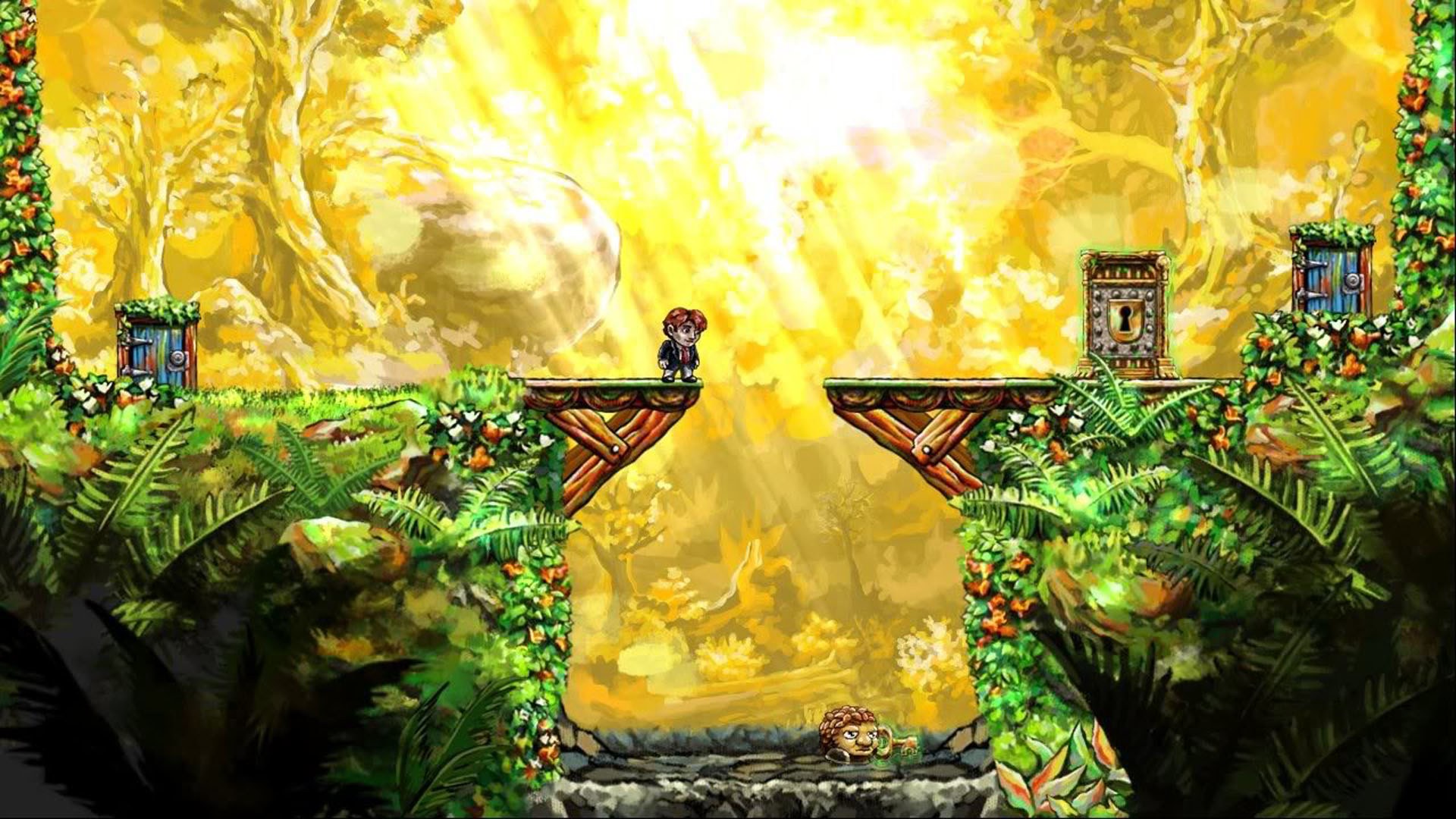
Braid was an Xbox 360 exclusive. I know that seems crazy today, but it's true. The game that made Jonathan Blow rich and famous—the archetypical text for the sort of gently lachrymose tone that zillions of indie games would try to replicate afterwards—was originally an Xbox game. Xbox Live Arcade, to be exact. At the end of the 2000s, the service was living proof that indie games had a chance to make waves among mainstream gaming consumers. So just imagine a world where Microsoft didn't lose that stranglehold. Imagine if Minecraft was an XBLA exclusive. But no, it wasn't meant to be. Microsoft spent a decade chasing some bizarre business model based around bad Kinect games and cable TV, and a verdant indie scene took hold on Steam and Itch.io, where it continues to propagate today. — Luke Winkie
The Humble Bundle changes how we buy games (2010)
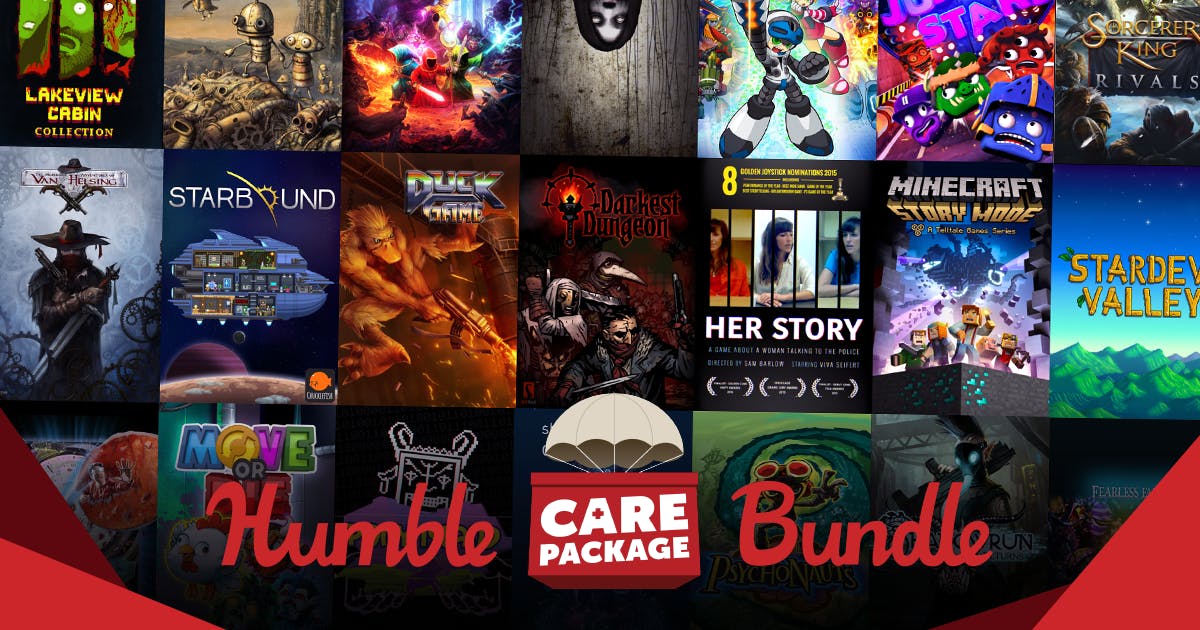
The first-ever Humble Bundle—the Humble Indie Bundle—was an astonishingly good deal when it appeared in May 2010. For any price you wanted to pay, all the way down to a single penny, you got full copies of World of Goo, Aquaria, Gish, Lugaru, and Penumbra Overture, with the option to direct any portion of the funds to the EFF and/or Child's Play. It seemed like a one-off—it was just too damn good to be a sustainable thing—and it took more than six months for the second one to roll around. Who would've predicted that a decade later, the Humble Store would be one of PC gaming's leading digital storefronts, with a monthly subscription option and $158 million raised for charity?
Trivia time: Despite being able to buy all five games legitimately for a penny, Humble Bundle co-founder Jeff Rosen estimated in a blog post that more than 25 percent of all Humble Indie Bundle downloads were pirated. He was pretty cool about it, though, asking only that people dead-set on pirating please do it through BitTorrent rather than sucking up Humble's (at the time Wolfire Games') bandwidth. — Andy Chalk
Blizzard actually makes StarCraft 2 (2010)
At this point it's been long enough since StarCraft 2 that you could reliably make a hell, it's about time joke about a forthcoming StarCraft 3. (Though when the time comes, that will probably be a free-to-play auto-battler or something.) Still, you cannot underestimate the shockwaves in 2010, when Blizzard finally allowed the world to welcome something called "StarCraft 2" onto their hard drive. Naturally, we received an extremely faithful sequel to the original game. With exceptions for netcode and graphical fidelity, the version of StarCraft 2 Blizzard made could've arrived in 2006 mostly intact, and I think that makes it all the more charming. — Luke Winkie
Keep up to date with the most important stories and the best deals, as picked by the PC Gamer team.
Skyrim becomes a massive success, and takes an arrow to the knee (2011)
Congratulations to Skyrim for emerging as maybe the longest-running meme machine in PC gaming history. It feels like just yesterday, the salad days of 2011, when we were exploring Bethesda's fantastic nordic opus, slowly becoming fluent in Arrow To The Knee jokes. But Todd Howard gives us more gas every year, as Skyrim once again migrates to another platform with a Doom-like ubiquity. I'm pretty sure we'll be playing the game on our rice cookers by 2025. It's all deserved, of course. Can you think of a game that came out this decade that's been more influential than Skyrim? Is there opening sequence more iconic than the Dragonborn slowly getting their bearings on the way to an execution? The shadow will loom large as Bethesda attempts to take us back into Tamriel in the coming years. — Luke Winkie
Zenimax sues Mojang over Scrolls (2011)
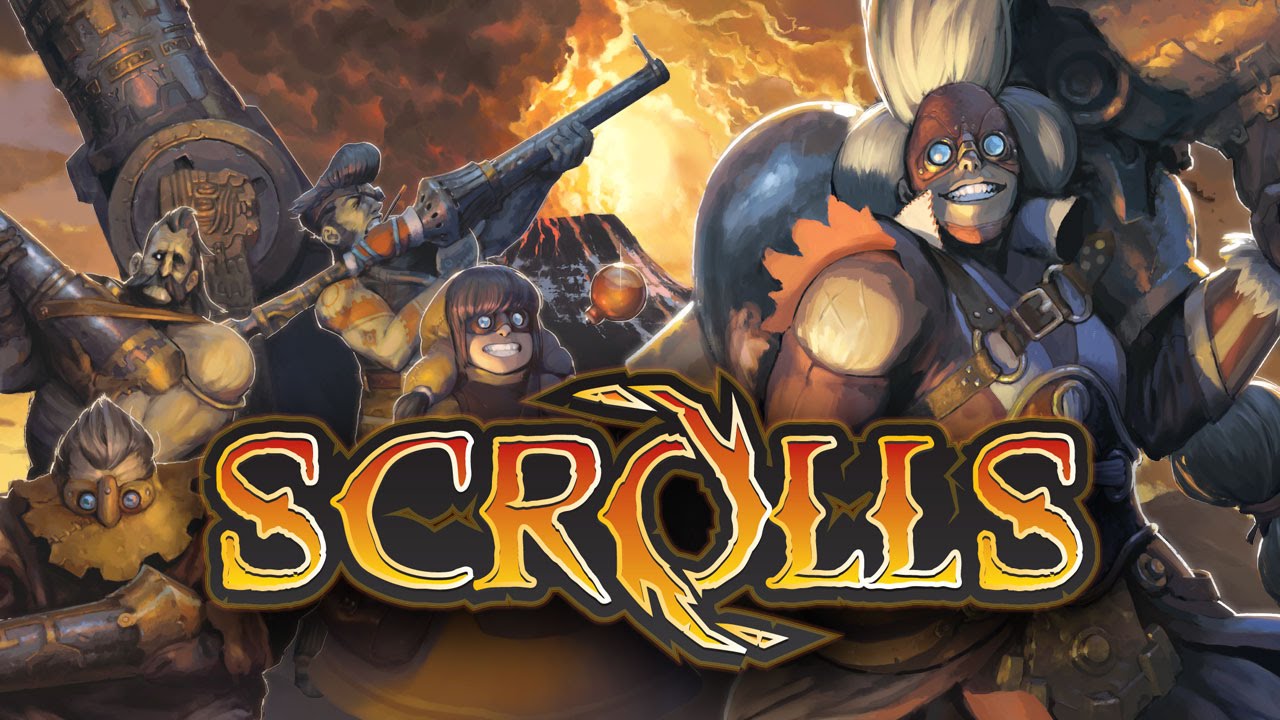
There was a time when Mojang was an exciting indie studio making Minecraft and not just Minecraft, and its second project was a fun little strategy card game called Scrolls. Then Bethesda parent company Zenimax decided that that name infringed on its trademark for The Elder Scrolls, and took Mojang to court. After all, how could gamers possibly differentiate between a small card game called Scrolls and a sprawling first-person fantasy series? Perhaps Bethesda knew at the time that it planned to create an Elder Scrolls card game. Development of The Elder Scrolls: Legends was recently halted.
Anyway: eventually Mojang settled, giving up its trademark but getting to keep the name Scrolls. That lawsuit ironically ended up being the most memorable thing about the game, which shut down a few years later. — Wes Fenlon
Duke Nukem Forever finally comes out, and, yikes (2011)
Switching game engines, rendering problems, staff departures, staff layoffs, funding issues, lawsuits, selling the game to multiple publishers over the years—it's no wonder Duke Nukem Forever spent 14 years in development hell. But when Gearbox eventually acquired the rights, the impossible happened: Duke Nukem Forever got finished. Maybe it should've stayed in limbo.
Critics mauled it. Most didn't think the game nor Duke's character kept up with the times, as the shooting and crude jokes felt painfully, and not endearingly, '90s. The list of complaints included level design, shooting mechanics, load times, clunky controls, and callouts to other popular games, movies, and memes, while cute, were already a decade old. But let's not forget the worst part: the horrifying depiction of women getting tentacle raped, impregnated, and murdered from the alien babies exploding from their bodies—unless you performed a mercy killing on them first. For one of the most highly anticipated, super-delayed sequels in videogame history, Duke Nukem Forever was a massive let-down. — Joanna Nelius
Mass Effect 3's ending triggers a world-changing backlash (2012)
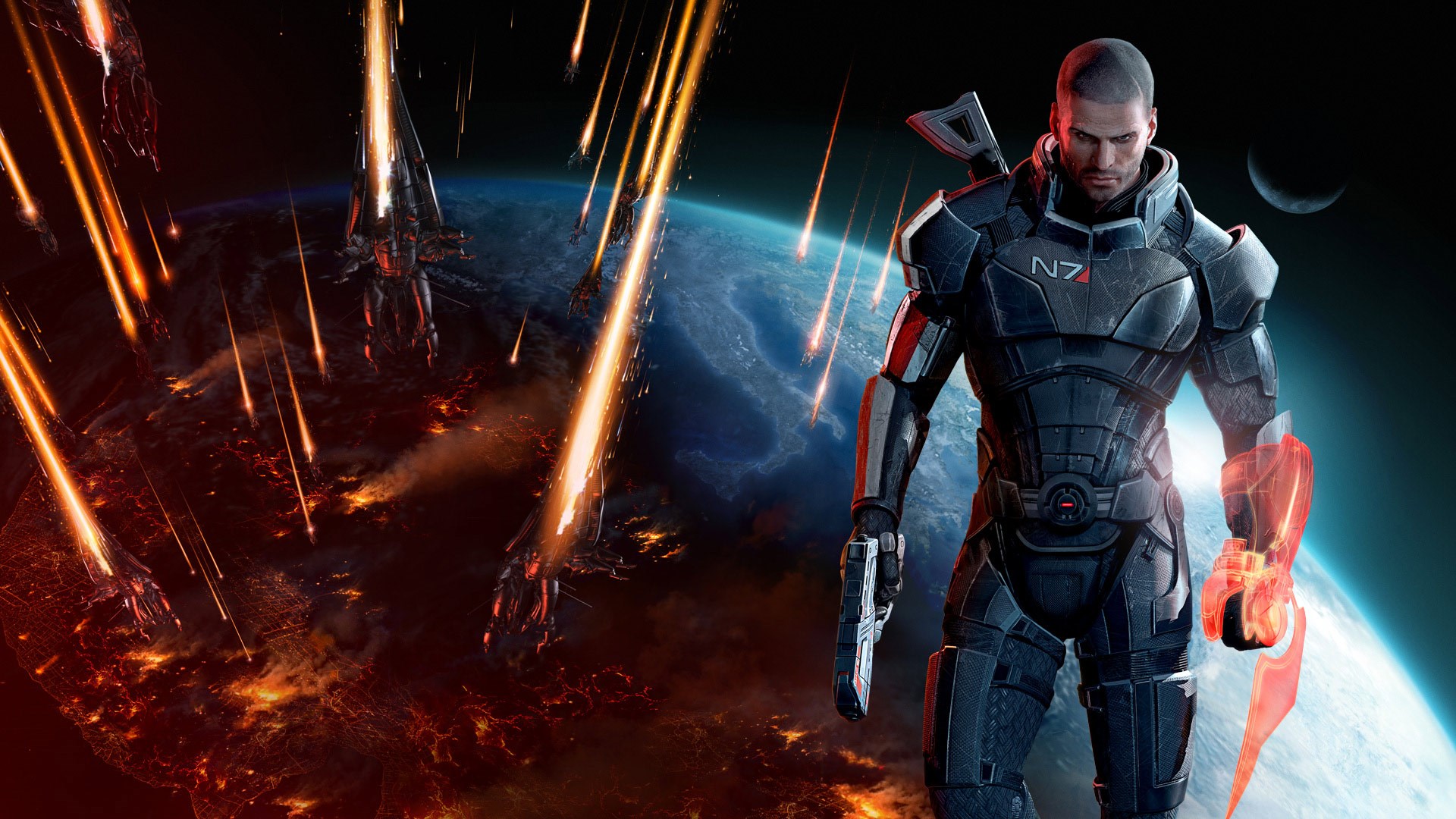
BioWare promised that the choices players made throughout the Mass Effect trilogy would have a cumulative impact on the grand finale. And then, well, they didn't. We all ended up in the same place, where we selected from among the same three (at most) options, with the only variable being the Effective Military Strength we'd built up over the course of the final game.
I thought the endings were fine, if a bit silly, but an awful lot of fans took the letdown a lot harder, and really personally in some cases. The backlash was so fierce that BioWare revised the ending with a free Extended Cut DLC that added new cinematics and epilogue screens. It was a bizarre conclusion to a strange and sad situation: The Mass Effect trilogy was a wonderful, gripping space opera epic from start to (almost) finish, and for me it was surprising and disappointing to see so many people consider it entirely undone by its final 15 minutes. There was, briefly, one bright spot amidst all the upset, as a "Retake Mass Effect" crowdfunding campaign raised $80,000 for Child's Play. Even that went off the rails when Penny Arcade co-founder Jerry Holkins requested that the drive be ended, saying, "Child's cannot be a tool to draw attention to a cause. Child’s Play must be the Cause."
Even after this incident subsided, its ramifications can still be felt—the Mass Effect fan reaction wrote the playbook for organized internet outrage, which would be effectively re-deployed for Gamergate, other major controversies throughout the decade, and for Mass Effect: Andromeda in 2017. — Andy Chalk
Windows 8 is a disaster for the PC (2012)
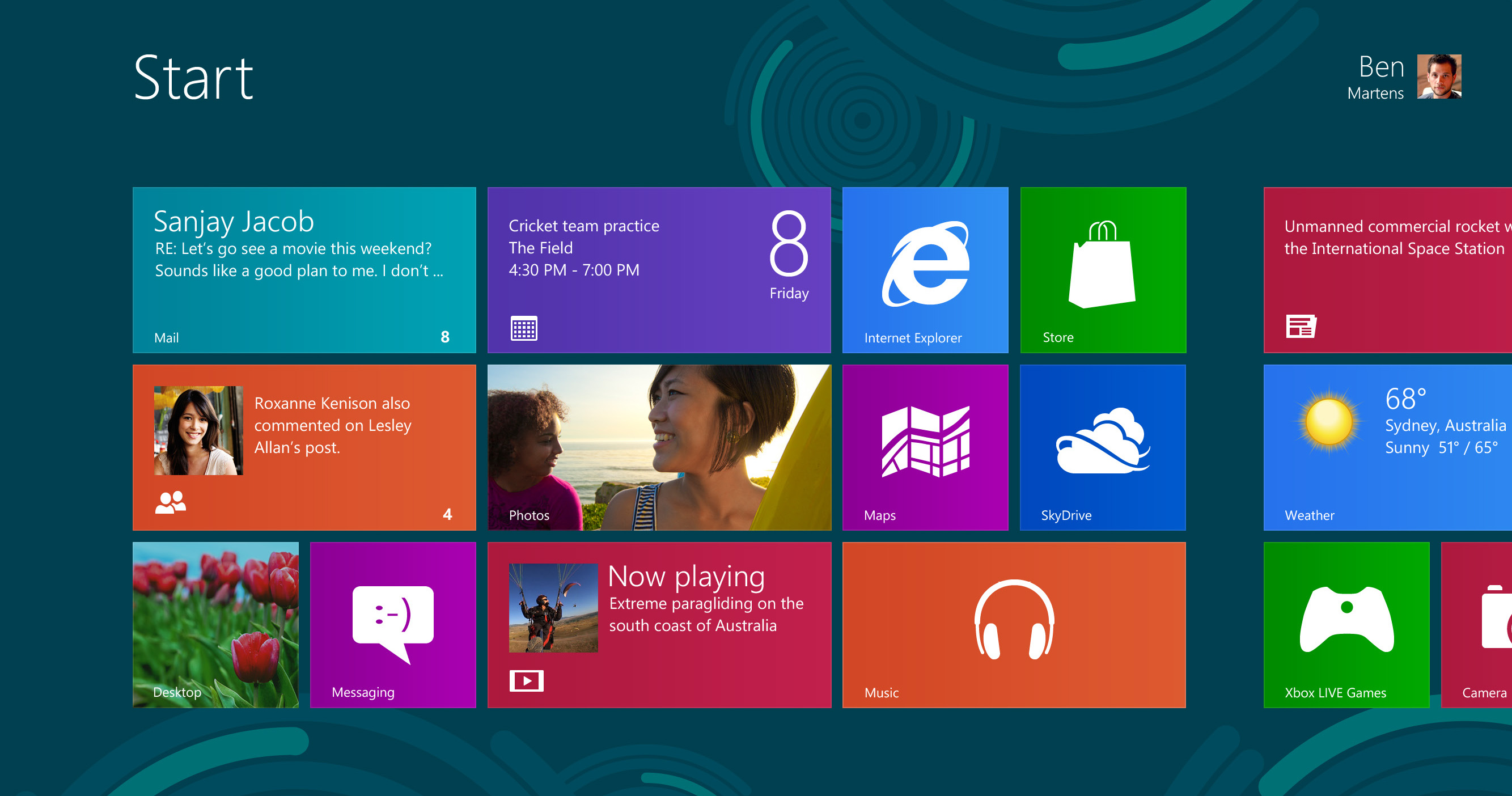
Microsoft continues to fight a losing battle against the smartphone and mobile OSes. Windows Phone is dead now, but before it kicked the bucket Microsoft attempted to merge its desktop and mobile operating systems. The result was Windows 8, which envisioned a new world of fullscreen apps and cross platform compatibility—run the same apps on your phone, tablet, and PC! The backlash was harsh, and while Windows 8.1 fixed some of the underlying issues, Windows 10 returned to a more desktop-centric vision of computing. Meanwhile, fear of the Windows Store led Valve down a road of Linux support and making Steam Machines as Windows PC alternatives, which it later abandoned. If you want to know how bad Windows 8 was, Microsoft killed ongoing support for the OS while it continues to support Windows 7. Also, Microsoft has quietly axed Windows Phone support and now recommends users switch to Android or iOS. — Jarred Walton
City of Heroes goes offline forever, or so we thought (2012)
This story has a nice ending. After years in the wilderness, and one of the most stunning bits of subterfuge in a gaming community, people can play City of Heroes in its original scope once again on a variety of different private servers. But before that, in 2012, the beloved MMO was killed in a way we rarely see anymore. The servers went offline, and due to a variety of boring source code reasons, nobody was able to get up a fully-functional facsimile online in its stead. This was weird. Even like, Paragon and The Matrix Online are preserved by some diehards, but somehow City of Heroes was unsavable. It's proof that no matter how beloved a product might be in our always-online era, it is still possible for a game to dissolve through your fingertips. Take that as a warning. — Luke Winkie
Frog Fractions becomes a meta indie sensation (2012)
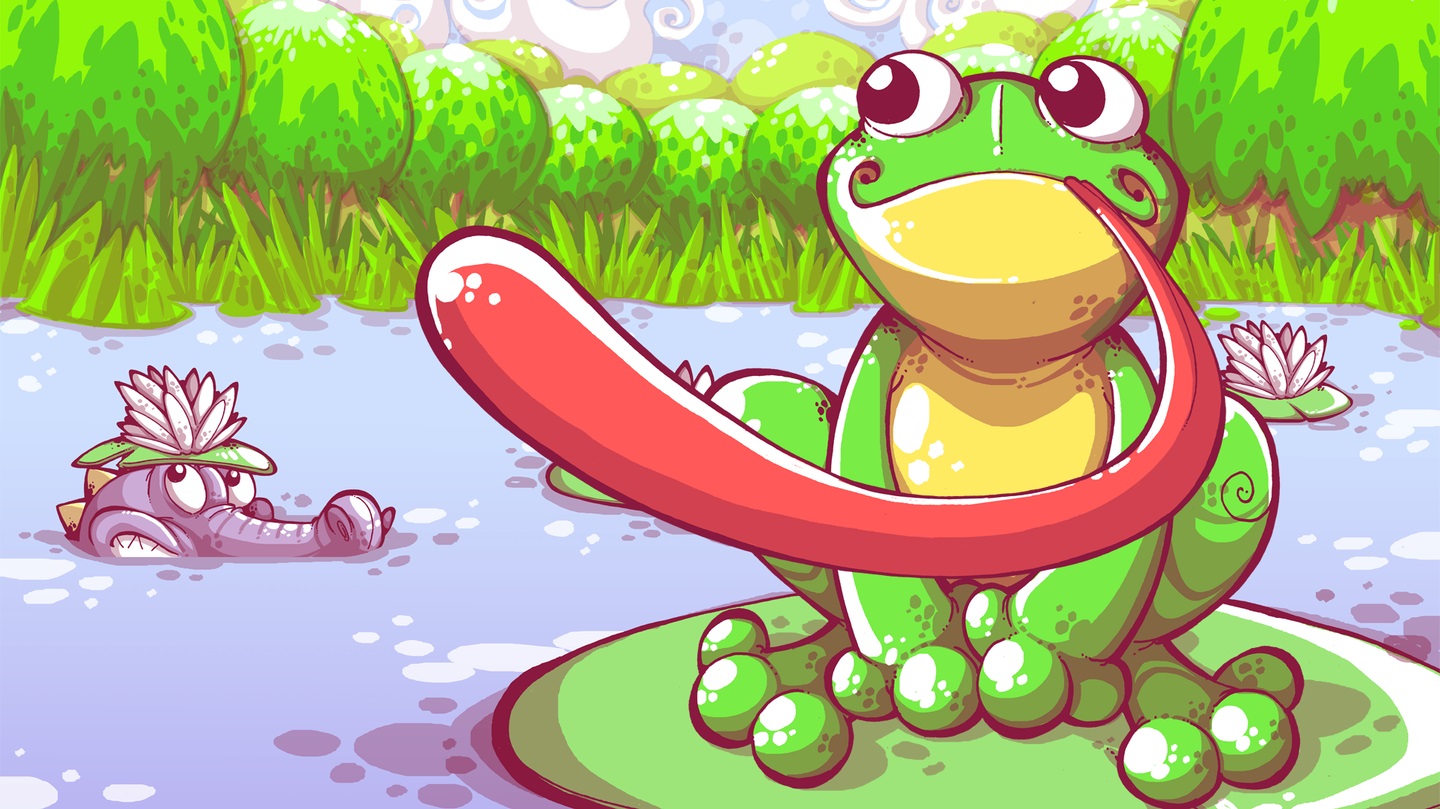
2012 is when "Going under the water in Frog Fractions" joined the pantheon of great gaming experiences with "Unlocking The Gravity Gun" and "Decoding the Fez Language." Frog Fractions was, and is, a browser-based parody of an edutainment computer-lab program, and it can be played that way as long as you want until, either by accident or by spoilers, you kick things into high gear. From there, Frog Fractions becomes a hallucinogenic bonanza that includes a DDR sequence, a graphic text adventure, and a history lesson about boxing. The game kicked up enough of a mania to turn Frog Fractions 2 into an honest-to-god Alternate Reality Game, and we're sure Frog Fractions 3 is out there somewhere. We just need to find it. — Luke Winkie
Final Fantasy 14 is wiped clean by Bahamut and successfully relaunched as an entirely new MMO (2012)
A lot of games launch in a dismal state, but Final Fantasy 14 was so bad Square Enix had to nuke it with a meteor and start over. It was buggy, incomplete, and aggravatingly incomprehensible. Most companies would have simply moved on, but Square Enix had too much pride in Final Fantasy, so it did something rather remarkable: It turned the much-needed reboot into a bit of in-game fiction. Just before the original FF14 was taken offline while Square Enix rebuilt it, players fought one last climactic battle against the evil Garlean Empire and lost, resulting in the primal Bahamut emerging from a falling moon and destroying everything. It was an ingenious way of tying FF14's troubled launch into its in-game story, and though plenty of MMOs have ended with apocalyptic bangs, none of them have ever risen from the ashes. — Steven Messner
Dark Souls comes to PC, and modder Durante fixes it (2012)
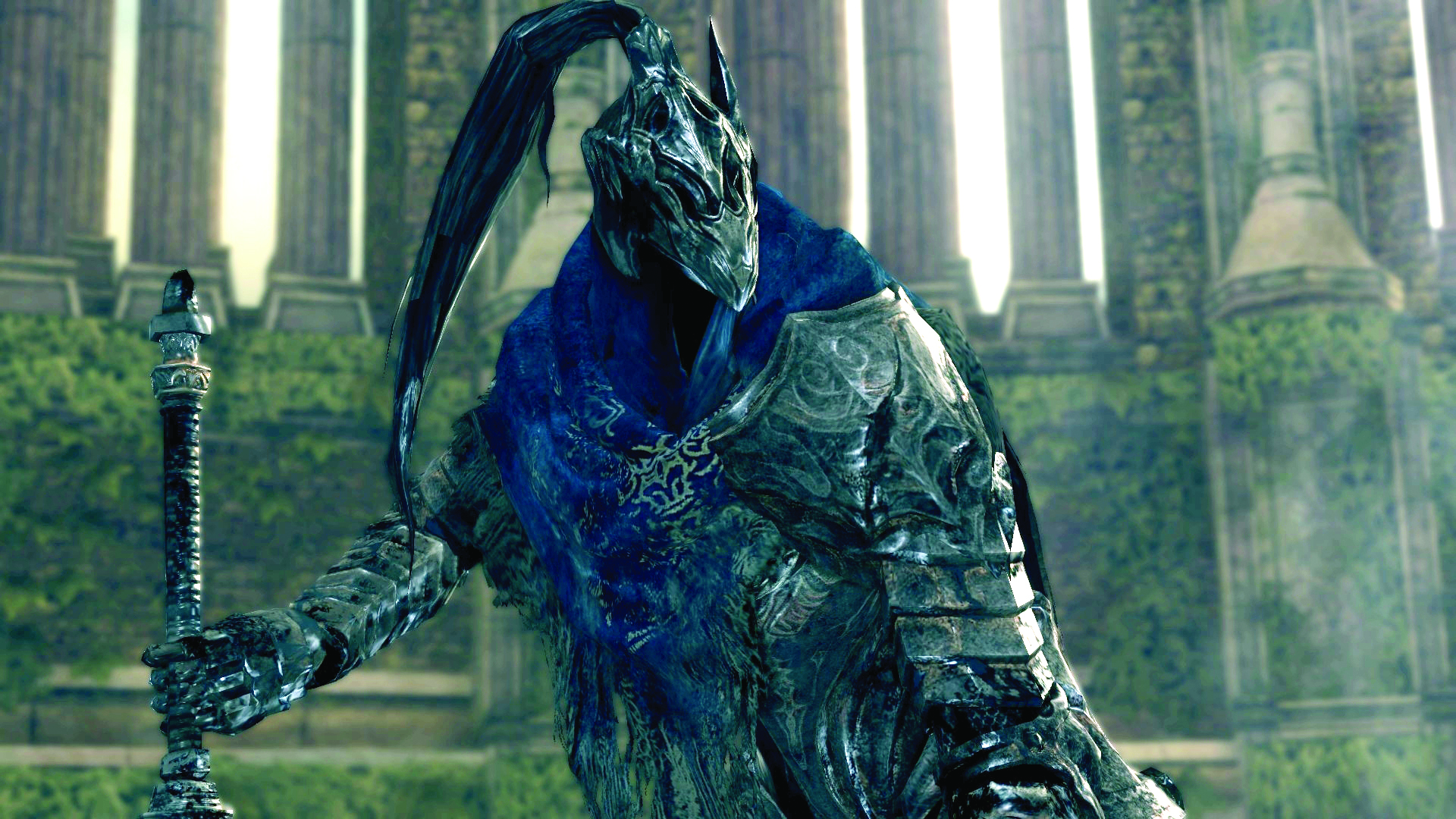
Somehow, incredibly, an internet petition actually worked, and Japanese sensation Dark Souls made its way to PC, where fans eager to explore Blighttown at more than 13 frames per second discovered… it looked like absolute ass. The audio was busted and Dark Souls on PC was locked to a full-on-WTF 1024x720 resolution. Enter PC modding's most important figure of the decade: Durante, who released a mod called DSFix to run Dark Souls at higher resolutions and, eventually, repair even more issues. Without that mod, it's entirely possible the PC wouldn't be the vibrant platform for Japanese games that it is today. Durante now helps developers improve their PC ports before they're released. — Wes Fenlon
The Double Fine Adventure Kickstarter launches game crowdfunding (2012)
We wouldn't live in a world with Shenmue 3 if Double Fine didn't first show us how it could be done. All it took was Tim Schafer, lamenting the painful industry reality that he was never going to convince a triple-A publisher to let him make an old-school point-and-click adventure game. Instead, he floated that maybe, just maybe, if the fans put up the money, Double Fine might be able to subvert the typical business power structures and return to their SCUMM roots. The result was $3.45 million in pledges, and two chapters of Broken Age—filled with the exact sort of writerly flair that made Schafer a legend in the first place. Crowdfunding isn't perfect, but it's proven to us that with enough interest, every longshot in gaming has a chance. — Luke Winkie
Tribes comes back! ...and then dies again (2012)
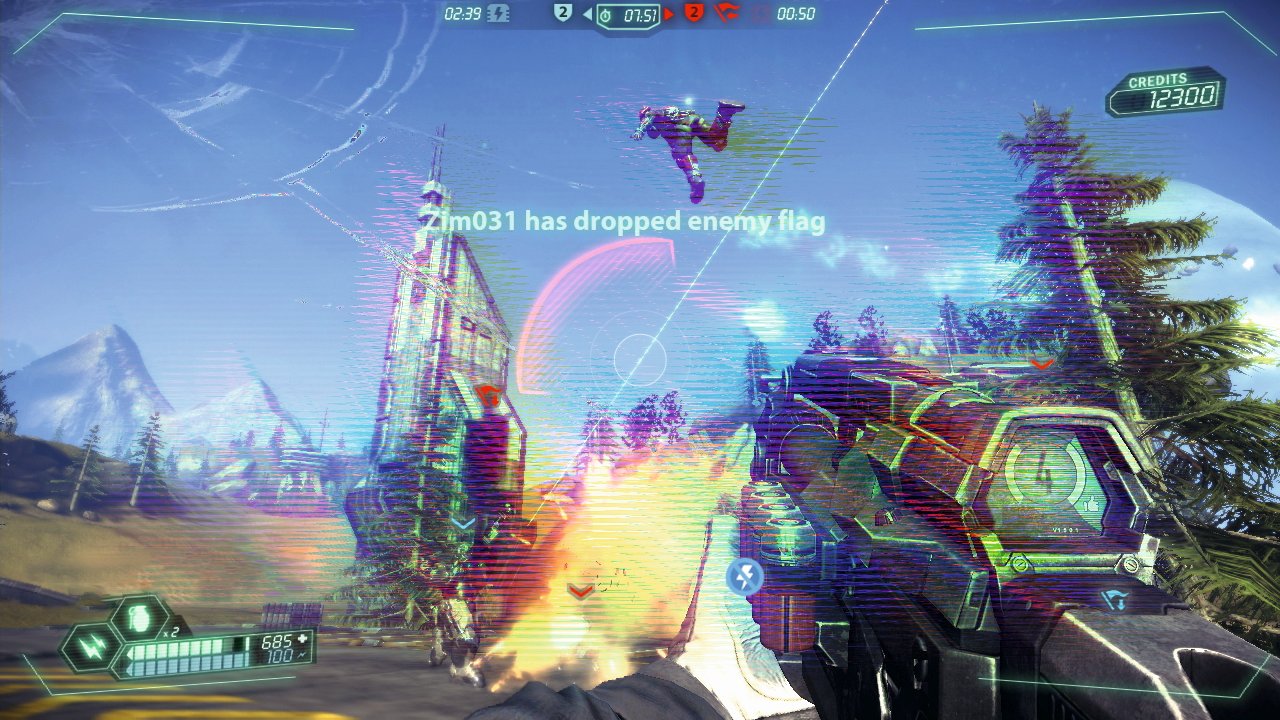
I didn't think Hi-Rez's errors would kill Tribes: Ascend. It was too expensive and there were balance and bloat issues, but it was always fun to me. Nailing a ski route and whipping through a flag at 400kph is one of PC gaming's most unique and dramatic experiences. The same goes for popping an enemy with a disc—when your slow-moving frisbee intercepts the arc of a soaring Pathfinder, it feels like you've tapped into a secret brain lobe with inhuman intuition and a PhD in classical mechanics. But Tribes: Ascend did die. And then it came back and died again, just to add to the sting. If Hi-Rez had done everything right, I don't know what would've happened. Maybe Ascend would've been bigger than Overwatch years before Overwatch, or maybe it still would've struggled. We can only speculate now. — Tyler Wilde
Diablo 3's launch goes awry as players lose their minds over Error 37 (2012)
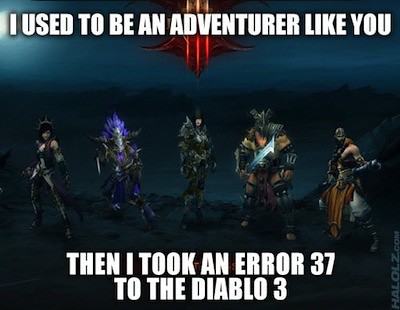
Diablo 3's launch day is the moment we look back on as proof that if a game is big enough, shit's gonna break, no matter how smart or well prepared the developers are. Millions of players tried to login to play the sequel to one of the most beloved games in PC history, and a whole lot of them couldn't. The most common error code Battle.net spit out became a near-instant meme as Blizzard scrambled to fix its decimated login servers. The concept of having to login to play a singleplayer game was still new, at this point, exacerbating the outrage. Once the launch dust cleared, they redirected their anger at the real-money auction house, which Blizzard shut down two years later after admitting it was a bad idea. — Wes Fenlon
Star Citizen smashes crowdfunding records, balloons in scope (2012)

Back in 2012, Chris Roberts told us he hoped to raise "between two and four million" dollars through crowdfunding to produce what was then an ambitious space sim. That sounded like a big number back then, when the most successful Kickstarter for a game was Double Fine's adventure game (later named Broken Age) at $3,336,371. Now Star Citizen is an extremely ambitious space sim that has raised over $250,000,000, and seven years after the Kickstarter launched, the development roadmap continues to expand. In theory, we'll be playing Star Citizen's singleplayer campaign in 2020. The persistent universe, at this point, feels like something that will never stop growing—at least so long as people keep buying ships. — Tyler Wilde
Telltale kicks off a brief era of episodic games with The Walking Dead (2012)
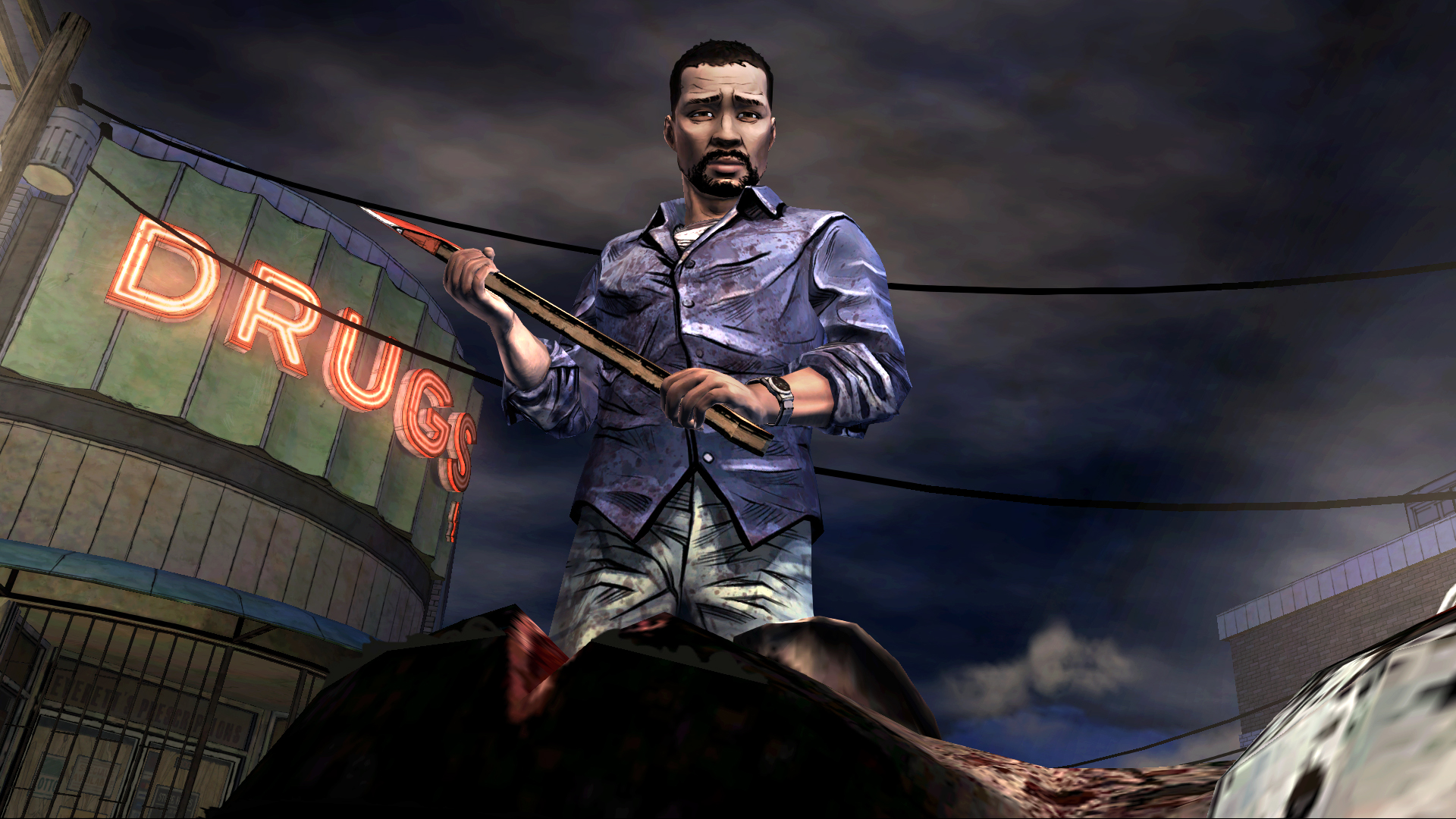
Adventure games were dead. Licensed games are bad. How, then, was Telltale's The Walking Dead so good, and such a sensation? The episodic, choice-driven story of Lee and Clementine succeeded first and foremost because of its characters, but it was also novel as hell to have a game tell you someone will remember that, and to strip the adventure genre away from convoluted puzzles to focus on character. The series was so successful Telltale ballooned in size and applied the same formula to everything from Batman to Game of Thrones, which would eventually be its undoing as players got tired of the repetitive format. After weathering major management issues in 2018, Telltale closed in 2019. — Wes Fenlon
Steam Early Access changes how we think about game launches (2013)
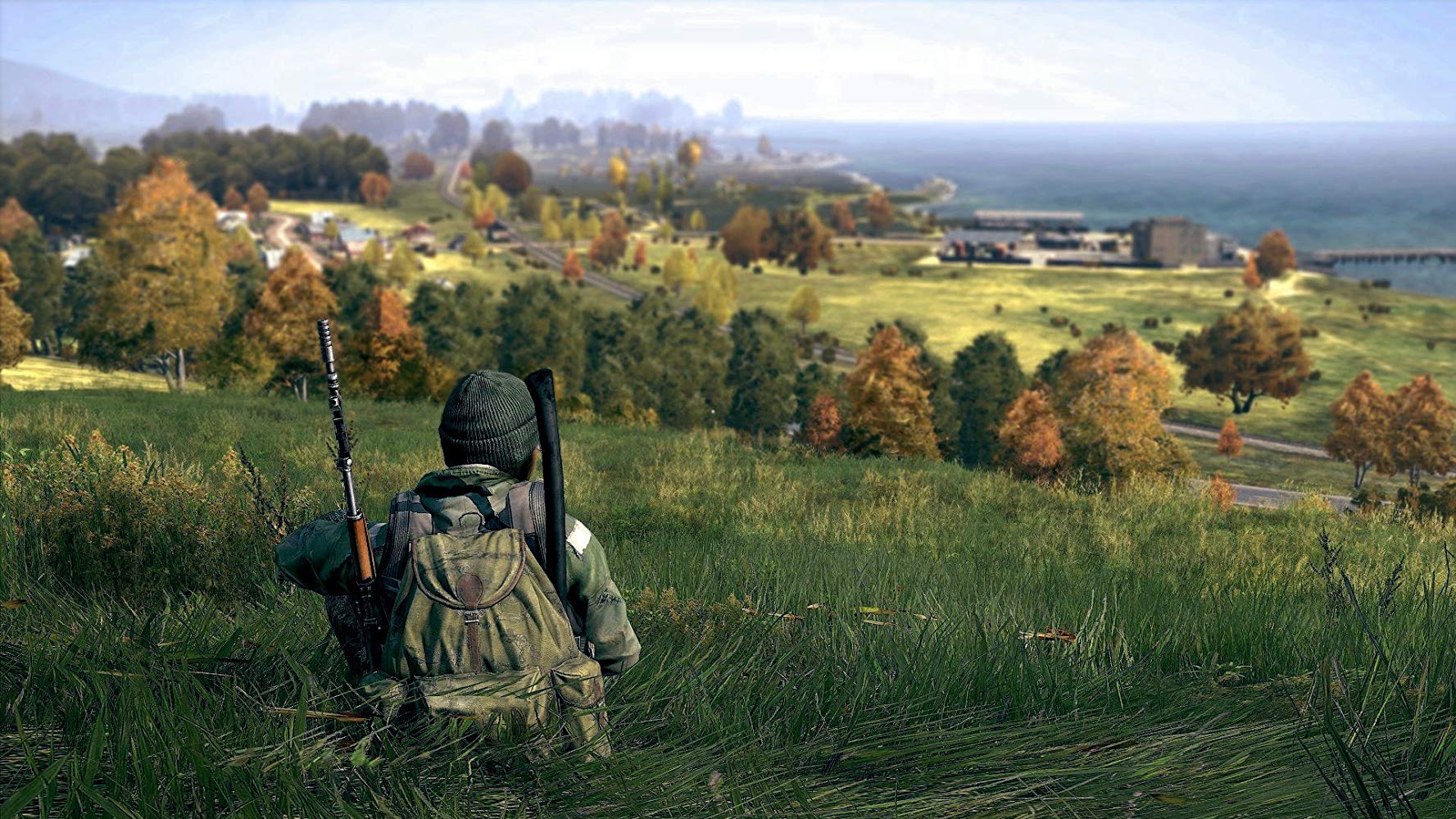
Early Access has become an ordinary part of our hobby, but back in 2013 we didn’t know whether to call it a scam or a smart way to develop games over time with fan feedback. Turns out, it can be both.
Buying an early version of a promising game almost felt like getting in on the ground floor of a great idea. But we also learned that there are no promises with Early Access. Some projects go years without updates, leaving players feeling like they wasted their initial $15. Today, Early Access is more-or-less a meaningless label. "Finished" is a moving target with service games that change seasonally. Fortnite, one of the biggest games in the world, is still in Early Access. — Morgan Park
Thomas the Tank engine becomes a mod icon (2013)
Players were thrilled when Thomas the Tank Engine was modded into Skyrim in 2013 to replace its dragons, and it didn't stop there. The colorful character has been modded into games from Sekiro: Shadows Die Twice to Resident Evil 2. Why? I dunno. It's just funny. Funny to everyone except Mattel, who owns Thomas and issued takedown notices for several mods. — Chris Livingston
Spelunky introduces the daily challenge (2013)
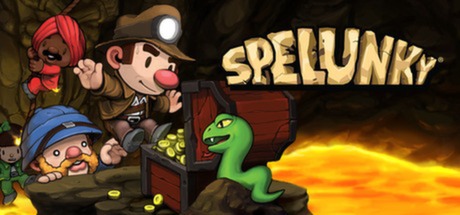
The ancient form of the roguelike became a dominant gaming force in the 2010s, largely driven by the popularity of games like The Binding of Isaac and Spelunky. Spelunky could make for a few entries on this list, like the story of the Eggplant run, but probably more important was when creator Derek Yu casually released a feature that would become almost mandatory in future roguelikes: The daily challenge. Suddenly, by isolating a unique "seed," a game all about random generation could let players experience the same exact level sequence and compete in a high stakes, single-life run every day. It imbued that one run with great meaning and kept people coming back, and back, and back, and helped drive regular streaming audiences for Spelunky. Simply brilliant. — Wes Fenlon
Maybe BioShock Infinite was kinda bad, actually (2013)
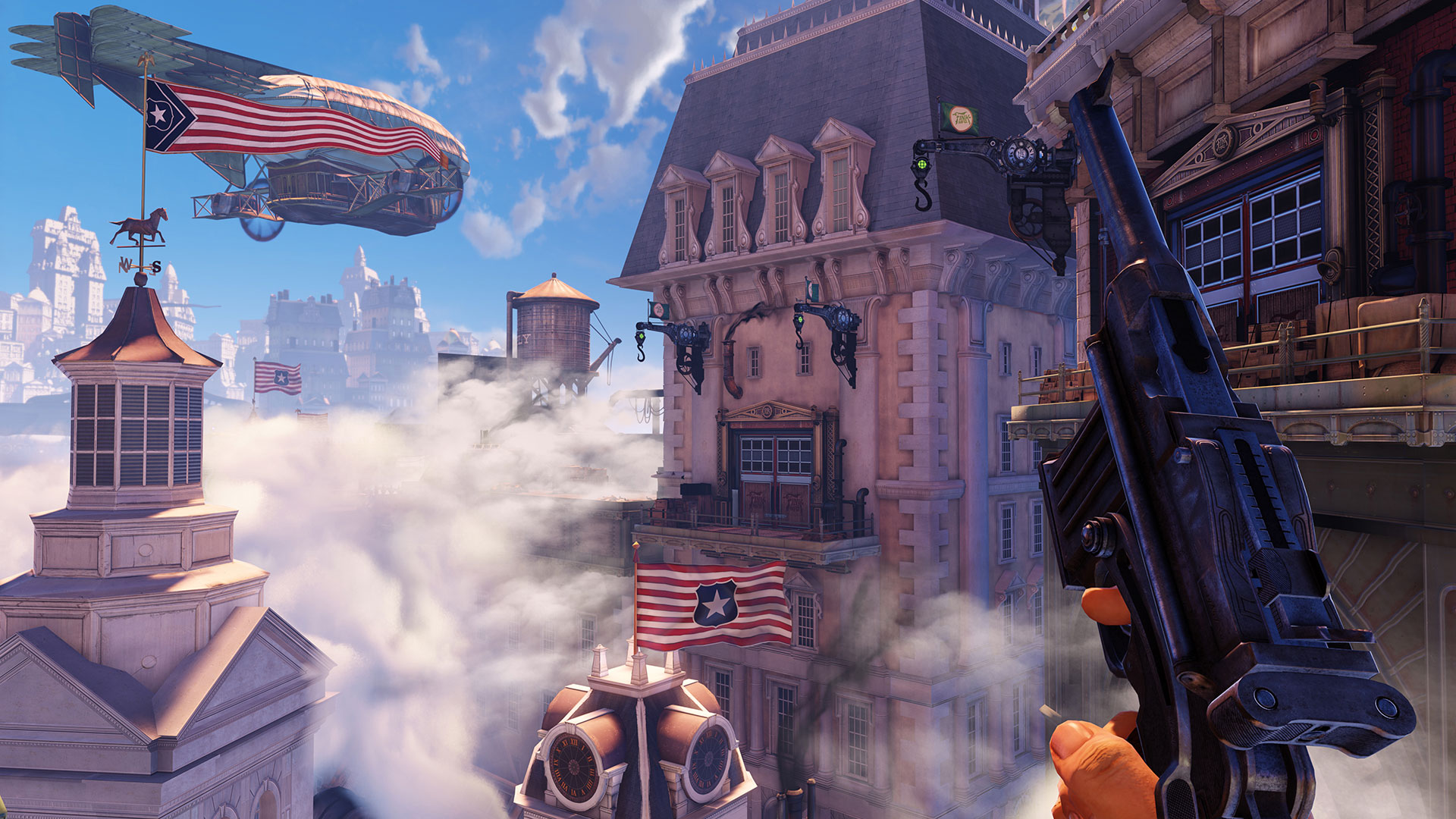
The first BioShock's daring combination of shooting and (gasp) political commentary spawned a thousand essays and critiques, and in the minds of many elevated Ken Levine into the realm of the auteur alongside the likes of Hideo Kojima. The expectation was that BioShock Infinite would be deep and revelatory and say something in addition to having cool guns, and sure enough, on release the mind-blowing final act twist was the story on everyone's lips. But unlike with the first game, opinion quickly began to sour, and once the artistic sheen of a new BioShock had faded, people started to pick apart Infinite's comments on class and race and realized maybe they weren't quite as smart as we thought they were. — Wes Fenlon
DayZ popularizes Steam Early Access by being absolutely batshit (2013)
How many people will buy an unfinished game? DayZ confirmed that Minecraft's alpha sales weren't a fluke when the standalone version of Dean Hall's mod went into Steam Early Access in 2013 and 400,000 people bought it within a week. Why? There was nothing like it. I was held up, handcuffed, had my blood drained into a bag, and then was shot in the head. That was certainly a moment that had never happened to me in a game before (or since) and is only possible because DayZ is such a weird, terrifying, awful, wonderful nightmare.
It sold a million copies in a month and three million within the year, sparking a massive glut of Early Access survival games on Steam and demonstrating the potential of selling unfinished, buggy builds to hopeful fans. It showed the perils, too: DayZ would remain in Early Access until late 2018—and even fully launched, it still wasn't finished. — Chris Livingston
Gamergate (2014)

Nothing shaped the decade in gaming more than Gamergate, a years-long harassment campaign that primarily targeted female developers. Especially in its early months, Gamergate built momentum around hashtags and threads on 4Chan and Reddit under the guise of calling out ethics in journalism. Conspiracy theories and more targeted harassment were the end result, and arguments for and against the Gamergate movement dominated gaming discussions throughout 2014 and 2015. It was big enough to bleed out into the wider culture and even be adapted into a bad episode of Law & Order: SVU. The day-in, day-out culture war has faded since then—or, more accurately, metastasized in the realm of international politics—but our hobby still bears its scars. — Wes Fenlon
The Bloodbath of B-R5RB in EVE Online (2014)
EVE Online has had no shortage of epic fights, but nothing like this. On January 27, an unpaid rent bill on a space station turned into the bloodiest battle in MMO history, with over 11 trillion ISK (valued at around $300,000) worth of ships being blown up. Over 7,500 characters were involved in the 21-hour conflict as three major coalitions battled to secure this invaluable beachhead. During the fight, 75 Titan supercapital ships were destroyed—more than any other battle to date. And it was all because both sides wouldn't stop committing more and more bodies to the meat grinder. In the end, it doesn't even matter who won. What matters is that EVE Online has never seen a bigger battle since, and it might never again. — Steven Messner
Microsoft buys Minecraft (2014)
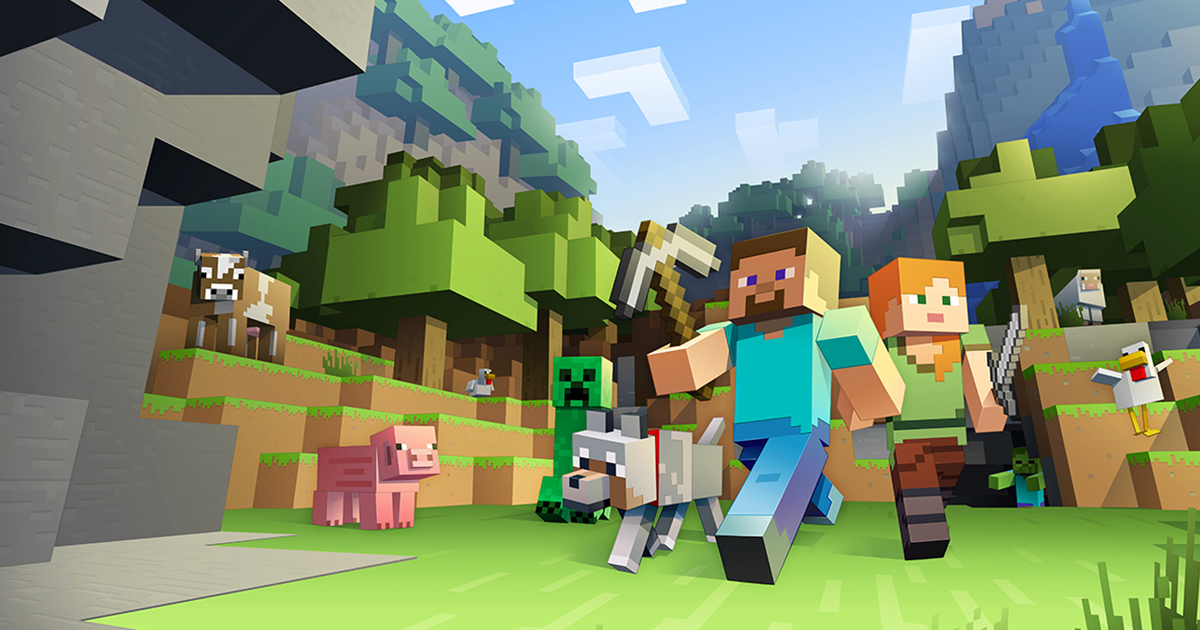
Before Microsoft's 2018 tear of studio acquisitions like Obsidian and InXile, before its re-commitment to the PC, this move was a big surprise, and an even bigger payday: $2.5 billion. That was a lot of money for Notch, the creator of Minecraft, who walked away from developer Mojang, bought a $70 million Hollywood mansion, and ended up being pretty sad online in the years that followed. But things have seemingly turned out pretty great for Microsoft and Minecraft fans: the game has spread to every platform, and Mojang has maintained the classic Java game while overhauling it with a new version that runs much better on everything from the PC to the iPhone. It's sold something like a hundred million copies since Papa Microsoft took over. — Wes Fenlon
Twitch plays Pokémon (2014)
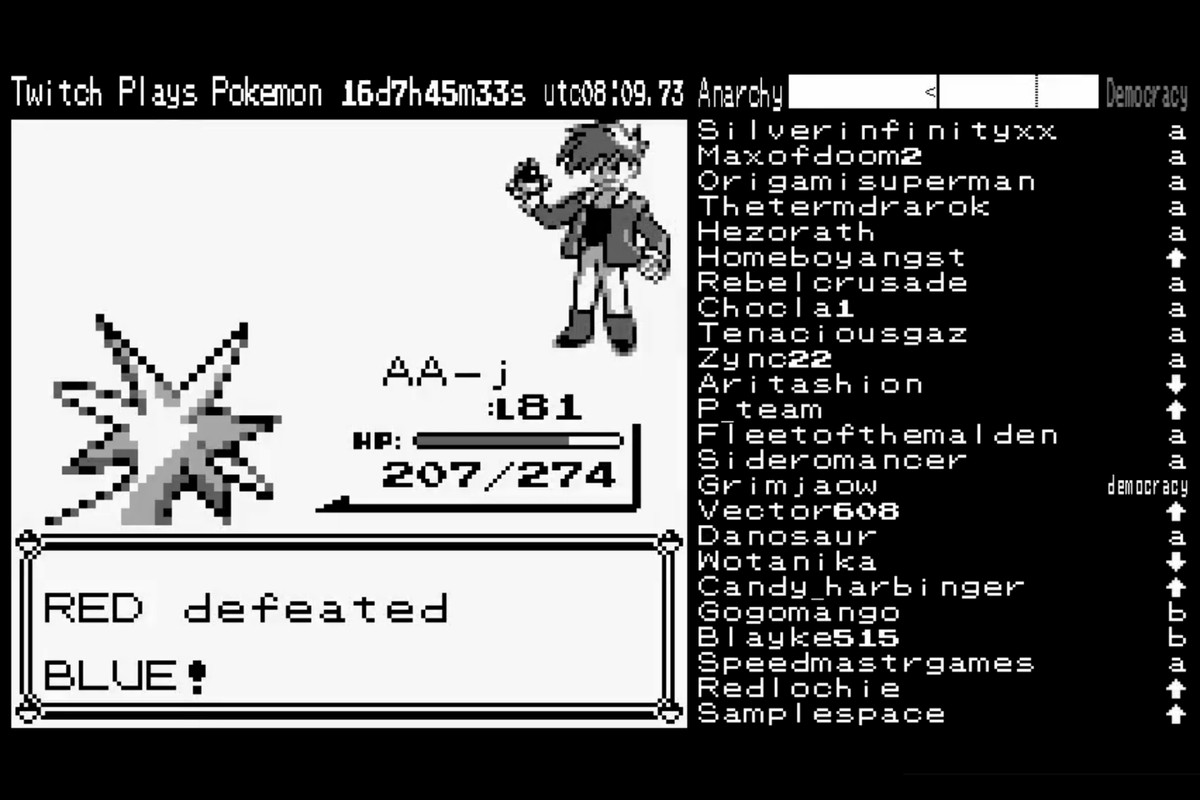
The hive mind is here, and it's playing Pokémon very, very poorly. In 2014, Twitch realized that one of the primary reasons people loved its service was the interplay between the raucous, anarchic chat box and the action on screen. So, Twitch married the two in its own chimeric entity, and gave the controls of Pokémon Red to a set of macros that the chat could control with its posts. It led to an incredible social experiment; this unholy rivalry between people who genuinely wanted to pilot our Ash surrogate to victory, and the chuckleheads who wanted to derail the adventure and lock the game into an unwinnable state.
Amazon, after acquiring Twitch, would extend the concept to an full-on game engine, Lumberyard, which the company says is built with livestreaming integrations in mind. — Luke Winkie
Prey 2 is officially canceled (2014)
Even after Bethesda and Arkane rebooted Prey, many still mourn for this what-could-have-been sequel, set on an alien planet and putting you in the shoes of a human bounty hunter. How and why it ended up canceled is a messy he-said she-said story, with some former developers from Human Head claiming it was nearly in an alpha state, while Bethesda said it just wasn't up to snuff. Whatever the story, the cinematic trailer from E3 2011 had people very excited, and so did the gameplay that later trickled out. We'll all just have to wonder what could have been. — Wes Fenlon
Assassin's Creed Unity face glitches are hilarious nightmare fuel (2014)
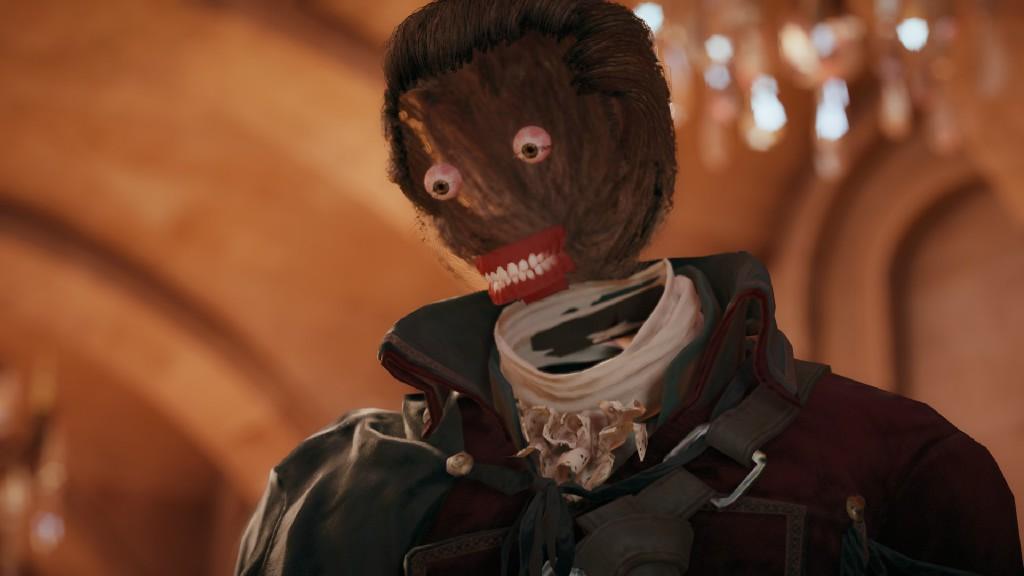
There's a world where Assassin's Creed Unity was buggy in a completely normal way, and we categorized it alongside the many, many other slightly busted Ubisoft open-world collect-a-thons. That wasn't the case. Instead Unity served up some of the most memorable disfigured flesh monsters in gaming history—like a Radeon card afflicted with night terrors—that we will never ever be able to get out of our heads. The prettier graphics get, the better chance they have to traumatize everyone who comes near them. Please make sure your French aristocracy isn't melting like the end of Raiders of the Lost Ark before shipping, please. — Luke Winkie
The Olofboost, CS:GO's most scandalous piggyback (2014)
Fnatic was the best CS:GO team in the world heading into a major tournament at the end of 2014. But facing the second-best squad, LDLC, they found themselves in a serious hole on Overpass, down 3-12.
In this moment of peril, the Swedes deployed a maneuver that would go down in Counter-Strike history as either strategic brilliance or despicable cheating, depending on your view. The "Olofboost" was an elaborate three-man boost, a technique where teammates parkour onto each other's heads or scenery to achieve an unnatural position. From this pixel-thin ledge in CT spawn, Fnatic's Olofmeister had a bird's-eye view of half of Overpass. On pistols, and with only a single Scout in Fnatic's arsenal, Olof secured two key frags that set up a comeback. Round after round, LDLC appeared totally disoriented, unable to counter this sniper's nest.
Fnatic reversed the match to win 13-16, and chaos erupted across the CS:GO community. Was it a glitch? Was it genius? Tournament organizers struggled to make a ruling, and under community criticism and official pressure, Fnatic eventually forfeited the match. The move is permanently preserved in infamy on Overpass as an in-game sign at the location of the crime that reads in German: "Climbing on this railing is prohibited!" — Evan Lahti
The X simulator joke genre lives (and dies?) (2014)
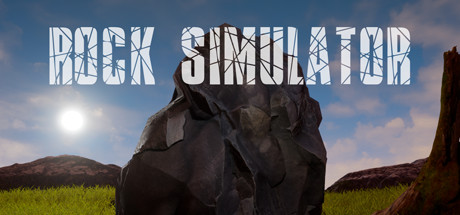
The 2010s were when the "simulation" genre forked out into two different directions. You still have the faithful, Farming Simulator and American Truck Simulator—both of which found surprising crossover appeal thanks to constant Steam sales and the soothing pleasures of beatific montotony. But more notoriously, we received the proudly unhinged Surgery Simulator, Goat Simulator, and Grass Simulator, which carved out their own eccentric, YouTube-friendly physics playgrounds. These days it's honestly tough to discern how dogmatic the "simulators" on the release docket are going to be. We greatly anticipate the much more serious, much less explosive Goat Simulator 2. — Luke Winkie
Experiencing presence in VR for the first time (2014)
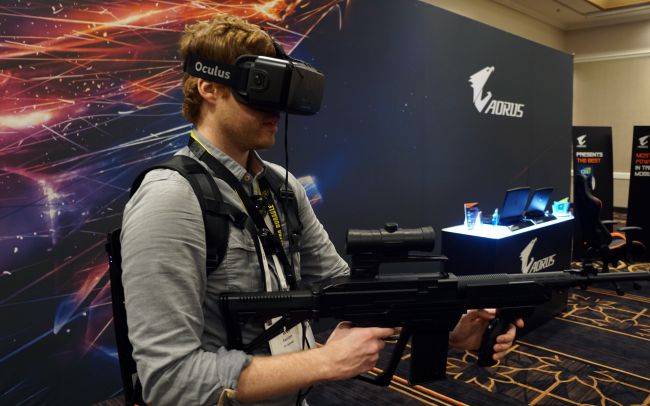
I doubt I'll forget the Oculus demo that put me on the ledge of a skyscraper and gave me the opportunity to step forward, off into the abyss. I raised my foot, and then my brain said stop—logically I knew it wasn't real, but I'd just experienced presence in VR for the first time, and my instincts took over. This sensation is the basic dream of VR, to truly feel transported to another place, and when you experience it, it really does feel magical. That initial reaction doesn't last, and eventually whatever you're doing in VR has to be interesting, something the very basic tech demo-y games of the first couple years struggled with. But that first time is unforgettable, whatever year you experience it. — Wes Fenlon
Press F to Pay respects (2014)
The moment that most clearly captured the absurdity of the Call of Duty series, with its mix of ra-ra military fervor and longing to be the playable version of a Michael Bay movie. In Advanced Warfare's campaign, that meant attending a funeral—because this is a serious and tragic war story—and pressing F to touch the casket for a moment of reflection. Emotion achieved? Right, then. Time to go shoot some dudes. It's just all so silly. Also, the presence of Kevin Spacey in this scene has not aged well. — Wes Fenlon
Head over to page two for the second half of the decade.
The collective PC Gamer editorial team worked together to write this article. PC Gamer is the global authority on PC games—starting in 1993 with the magazine, and then in 2010 with this website you're currently reading. We have writers across the US, UK and Australia, who you can read about here.


